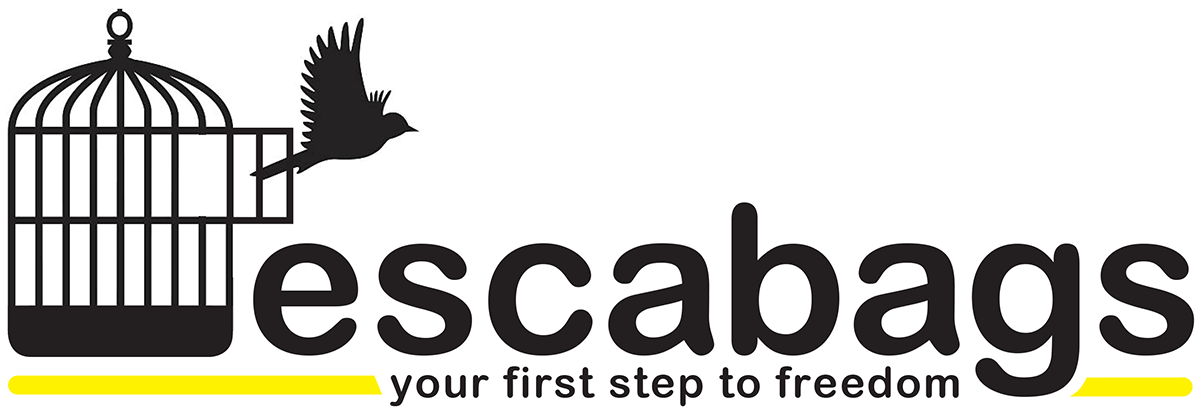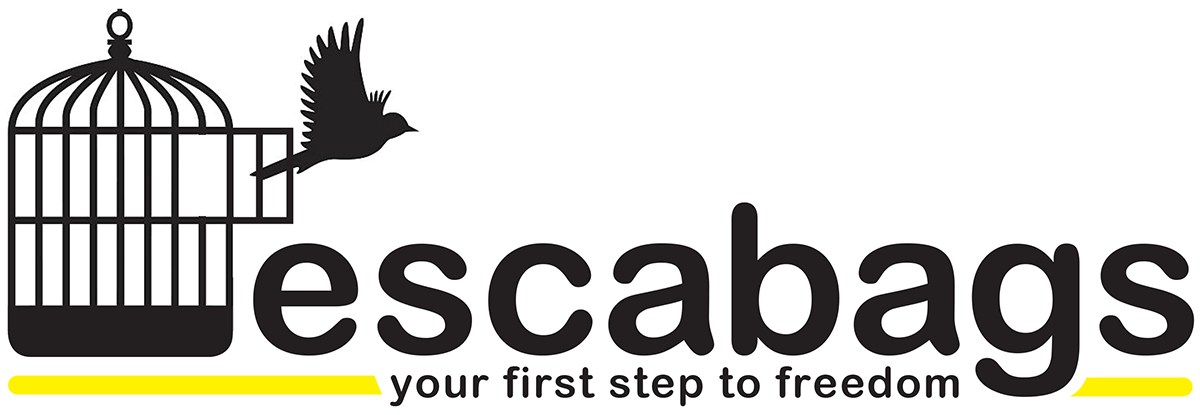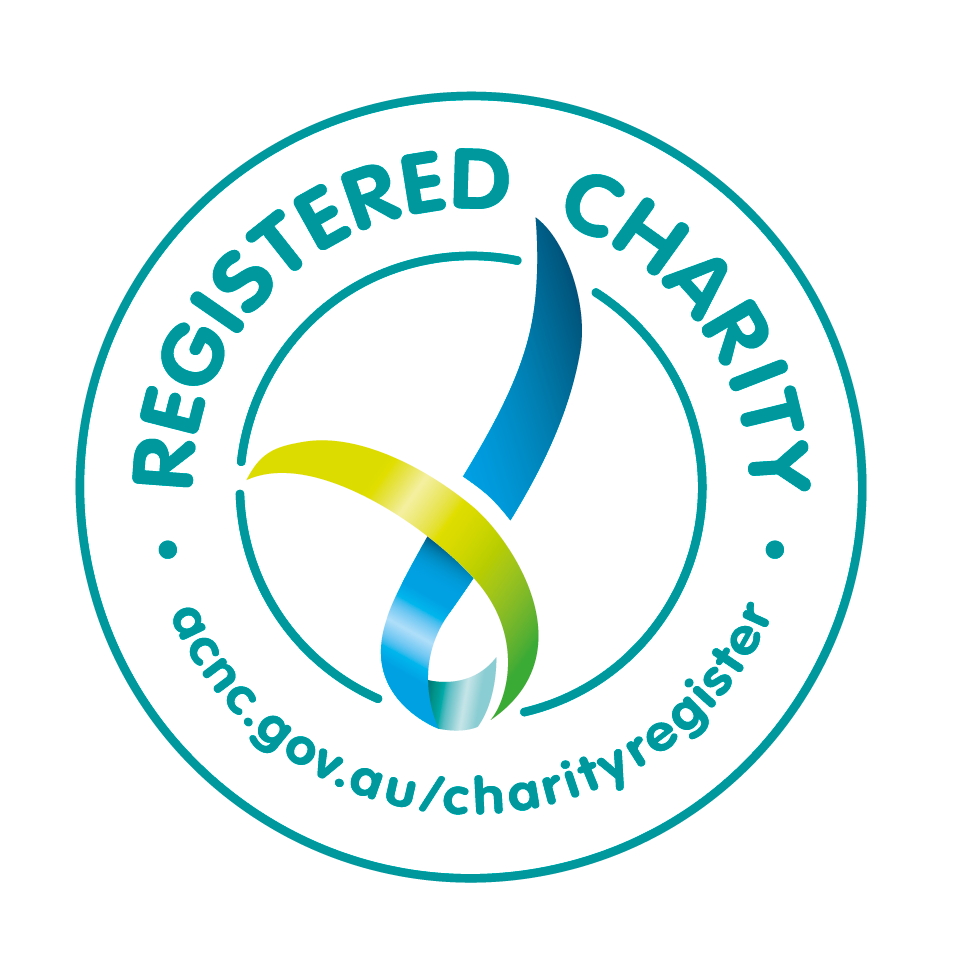Glossary of Terms

Child Abuse
Child abuse in Australia refers to any act — or failure to act — that causes harm, potential harm, or threat of harm to a child or young person under the age of 18. It can occur within the family, in institutions, or in the community, and often involves someone the child knows and trusts.

Coercive Control
Refers to a pattern of controlling behaviours that create an unequal power dynamic in a relationship. These behaviours give the perpetrator power over their partner, making it difficult for them to leave.

Elder Abuse
Is a single, or repeated act, or lack of appropriate action, occurring within any relationship where there is an expectation of trust, which causes harm or distress to an older person.

Emotional Abuse
Often called ‘Psychological Abuse’ is a form of abuse, characterised by a person subjecting or exposing another person to behaviour that may result in psychological trauma, including anxiety, chronic depression, or posttraumatic stress disorder.

Financial Abuse
Is a form of family violence. It can include withholding money, controlling all the household spending or refusing to include you in financial decisions.

Gaslighting
Gaslighting is a form of psychological manipulation where a person or group causes someone to question their own perception, memory, or sanity. It is often used to gain power or control in a relationship by making the victim doubt their reality.

Harassment
Harassment refers to any unwelcome behaviour that offends, humiliates, intimidates, or threatens another person. It can be physical, verbal, written, or online, and often involves repeated actions — but even a single incident can be considered harassment if it's serious enough. Harassment can occur in many settings, including workplaces, schools, public spaces, and online environments.

Love-bombing
Is an attempt to influence a person by demonstrations of attention and affection. It can be used in different ways and for either positive or negative purposes. Psychologists have identified love bombing as a possible part of a cycle of abuse and have warned against it.

Manipulation
Manipulation is a form of influence or control where someone uses deceptive, unfair, or underhanded tactics to sway another person’s thoughts, feelings, or actions—often for their own benefit. Manipulation can occur in many types of relationships — including romantic, familial, social, or professional — and is often subtle or difficult to recognise at first. Over time, it can undermine a person’s self-confidence, sense of reality, or ability to make independent decisions.

Narcissistic Abuse
Is a hypernym for the psychological, financial, sexual, and physical abuse of others by someone with narcissistic traits or suffering from narcissistic personality disorder (NPD).

Neglect
Occurs when a person deliberately withholds, or fails to provide, suitable and adequate care and support needed by another adult. It may be through a lack of knowledge or awareness, or through a decision not to act when they know the adult in their care needs help.

Physical Abuse
Is any intentional act causing injury or trauma to another person or animal by way of bodily contact. Alternative terms sometimes used include physical assault or physical violence, and may also include sexual abuse. Physical abuse may involve more than one abuser, and more than one victim.

Sexual Abuse
Sexual abuse is any unwanted or non-consensual sexual activity, behaviour, or contact that is forced upon a person. It involves a misuse of power and is a serious violation of a person’s rights, body, and dignity. Sexual abuse can happen to anyone, regardless of age, gender, background, or relationship to the perpetrator. It often occurs in situations of trust, such as within families, relationships, institutions, or care settings. In Australia, sexual abuse is a criminal offence, and survivors have the right to support, protection, and justice.

Spiritual Abuse
Happens when someone uses spiritual or religious beliefs to hurt, scare or control you. It can involve someone forcing you or your children to participate in spiritual or religious practices when you don't want to. It can also involve someone refusing to allow you to participate in spiritual or religious practices that are important to you.

Stalking
Stalking is a pattern of repeated, unwanted attention or behaviour that causes a person to feel fear, distress, or concern for their safety. It is a form of harassment and can happen in person, online, or through other forms of communication. Even if the individual acts may seem minor on their own, when they occur repeatedly, they can have a serious emotional and psychological impact on the victim.

Trauma Bond
A trauma bond is a strong emotional attachment that forms between a person and their abuser, often as a result of cycles of abuse followed by periods of affection, remorse, or kindness. This confusing mix of harm and care can create a powerful, and often unhealthy, psychological connection that makes it extremely difficult for the victim to leave the relationship. These bonds can form when a victim begins to associate love or loyalty with survival, and may rationalise or minimise the abuse as a coping mechanism. Over time, the victim may feel guilt, shame, or fear at the thought of leaving, even when they are suffering.

Triangulation
Is a manipulation tactic where one person will not communicate directly with another person, instead using a third person to relay communication to the second, thus forming a triangle.

Verbal Abuse
Verbal abuse is the use of words to control, intimidate, belittle, or harm another person. It is a form of emotional and psychological abuse that can deeply impact a person’s self-esteem, confidence, and overall wellbeing. Verbal abuse can occur in any type of relationship — including romantic, family, workplace, or social settings — and often happens repeatedly over time. While it may not leave physical scars, the emotional damage can be long-lasting and severe.



